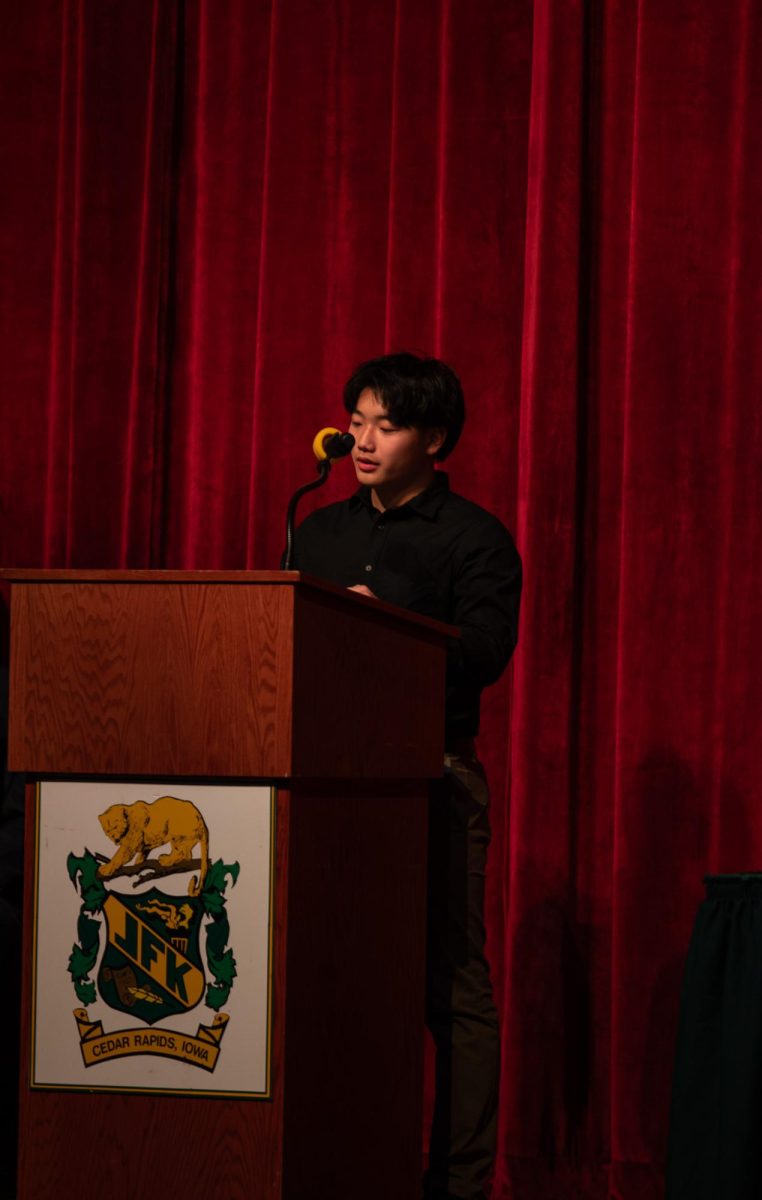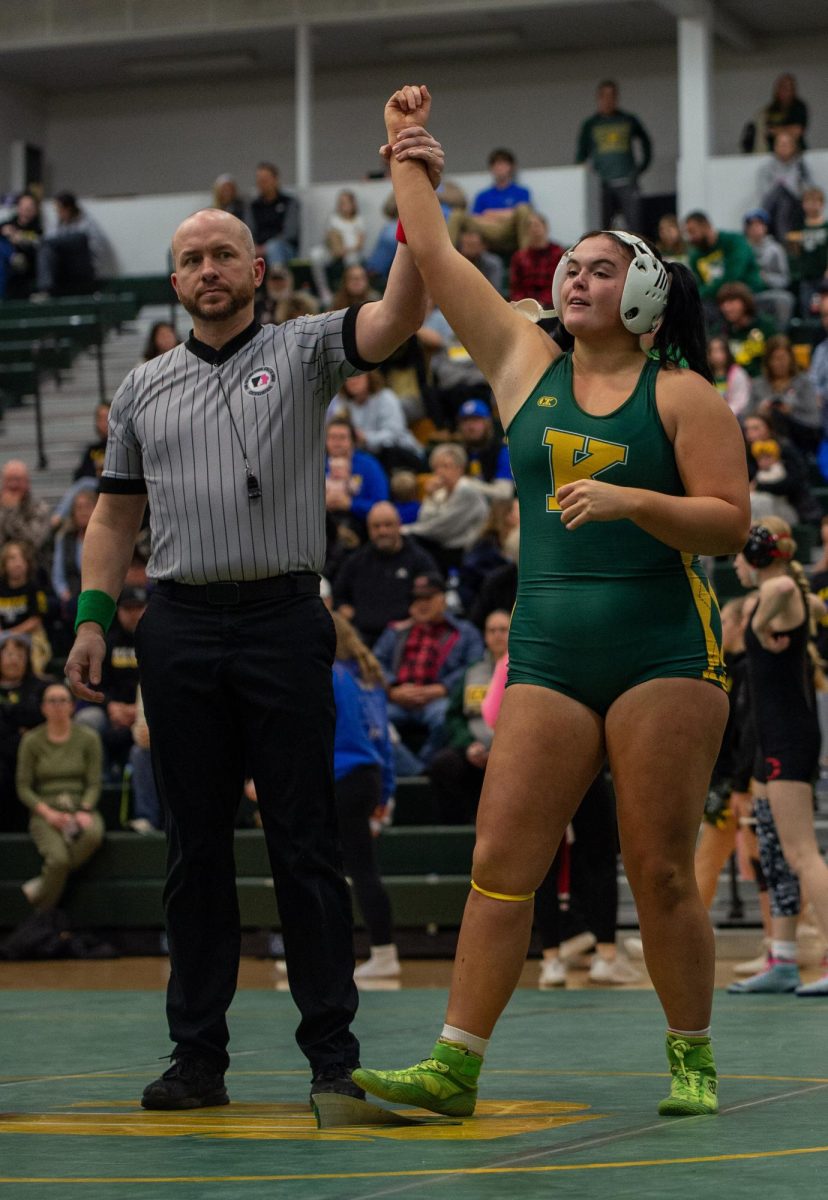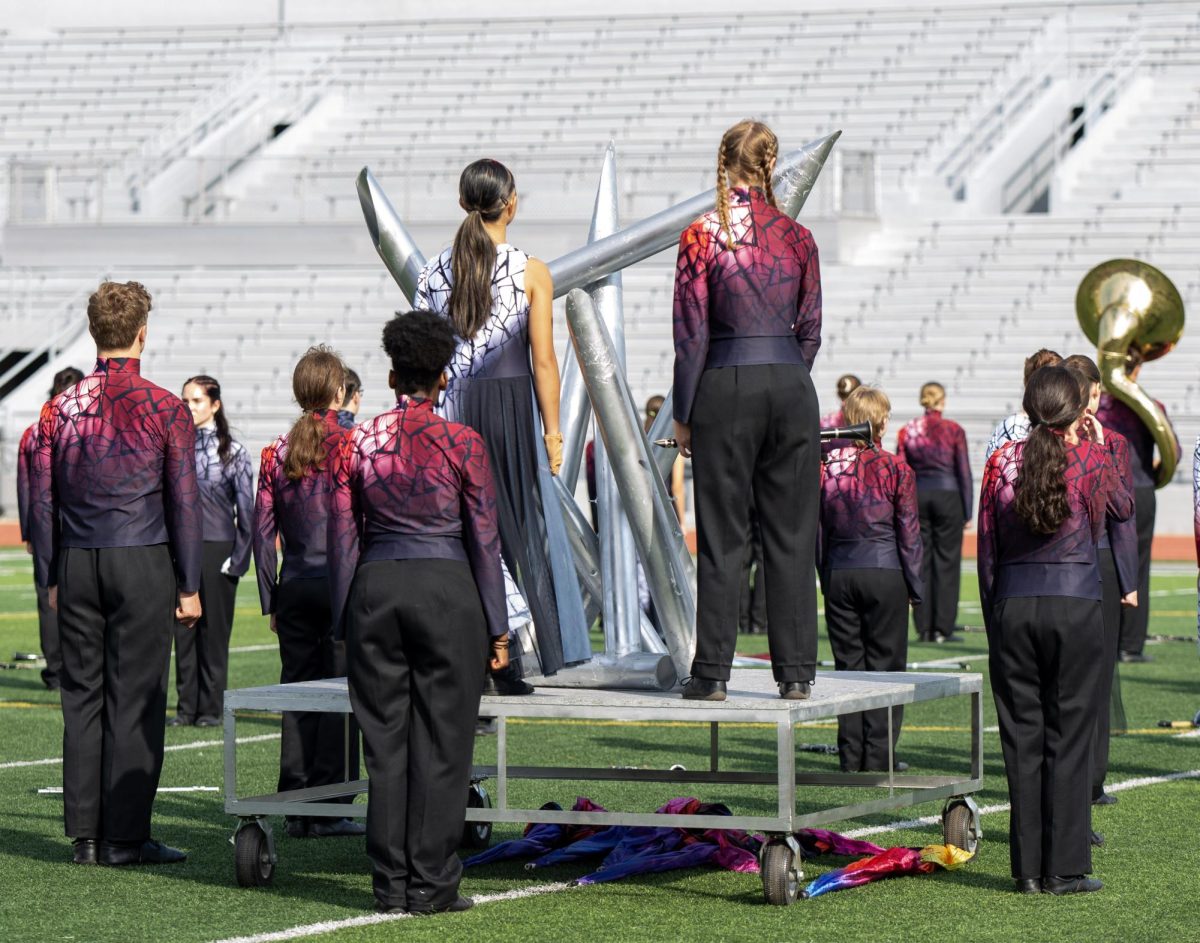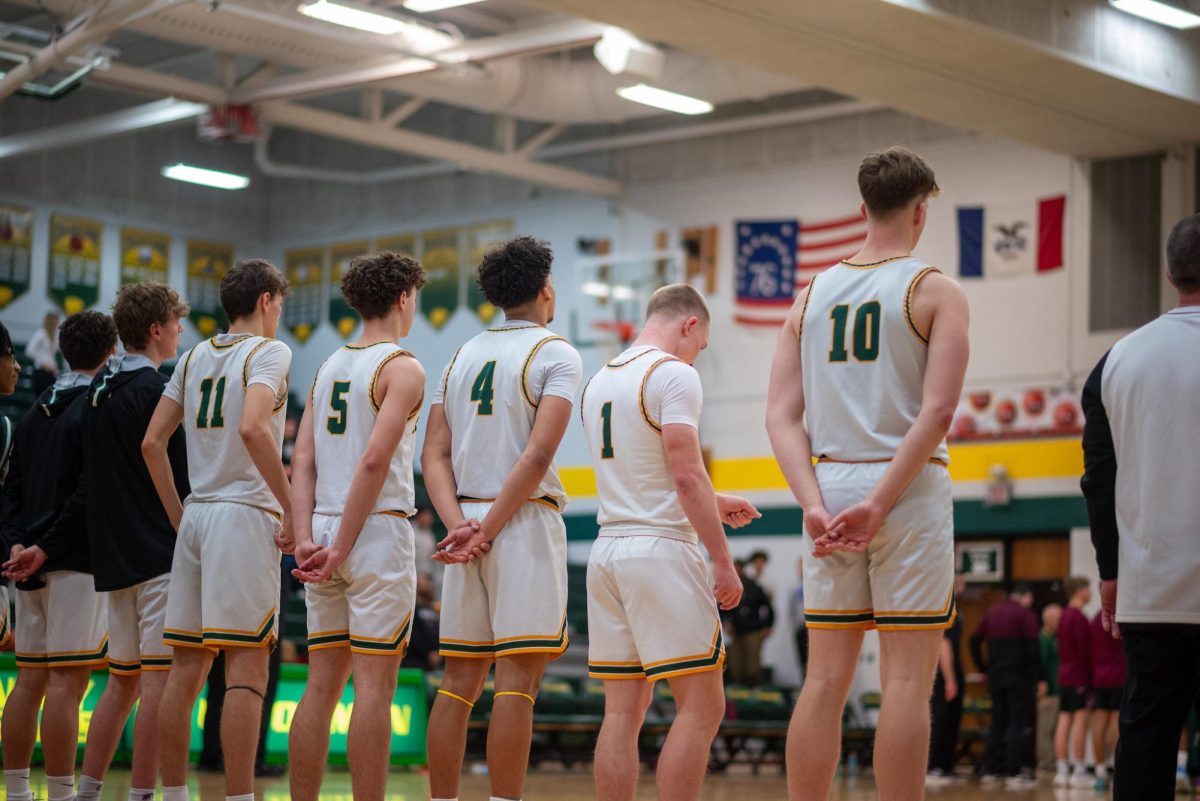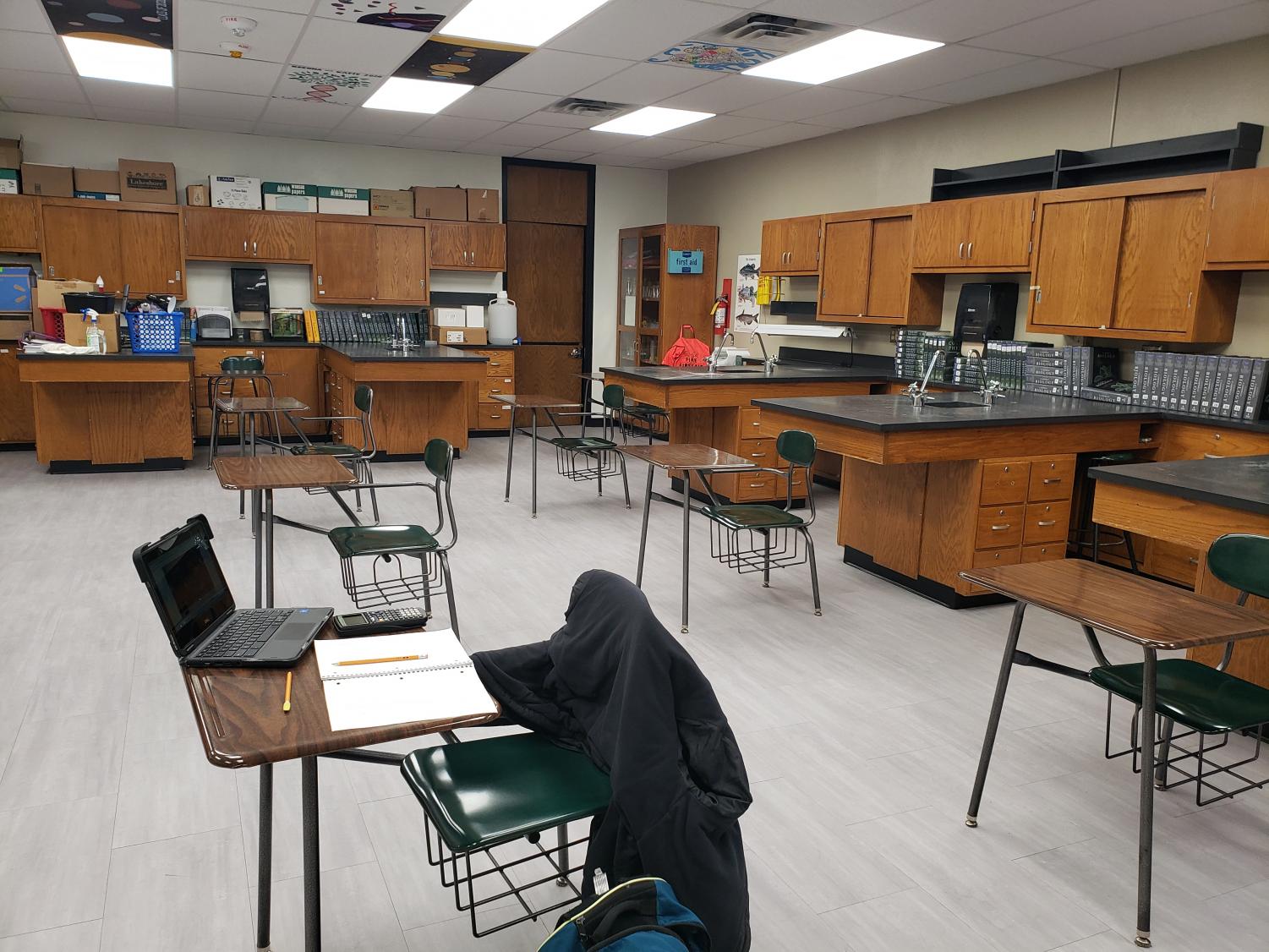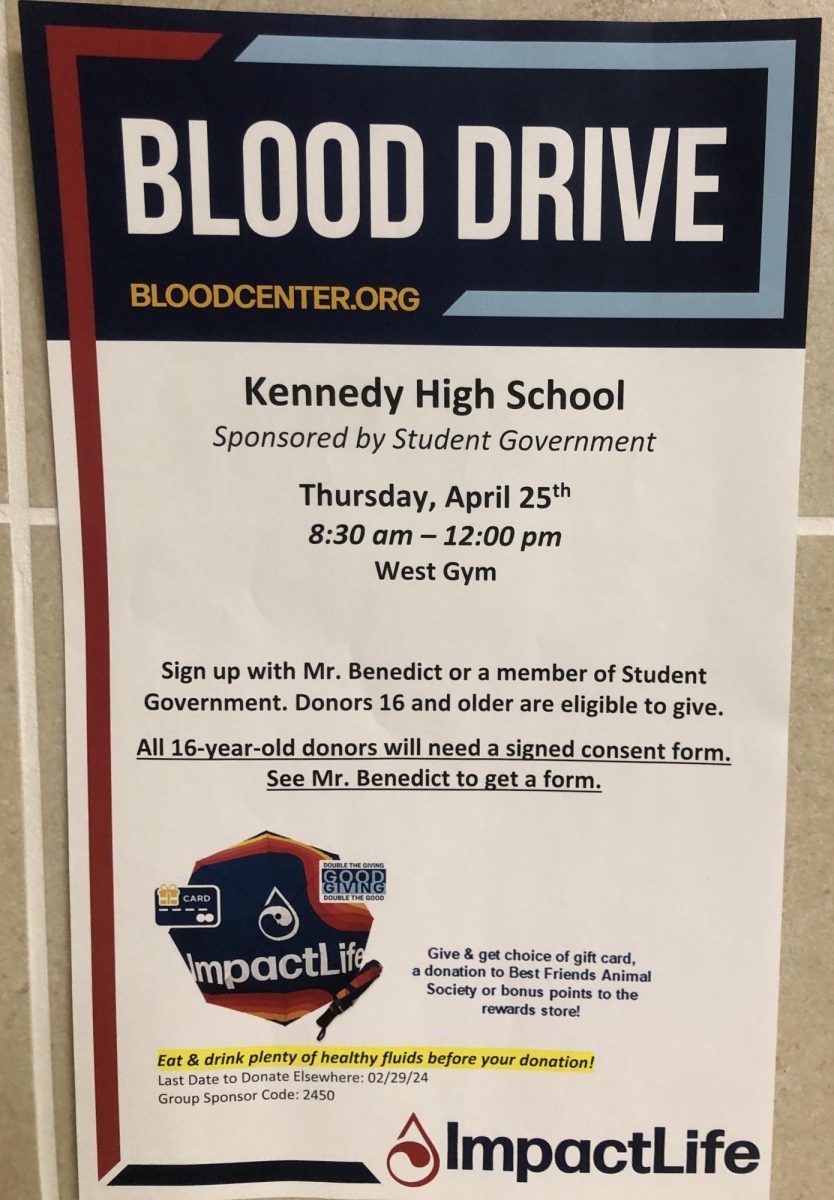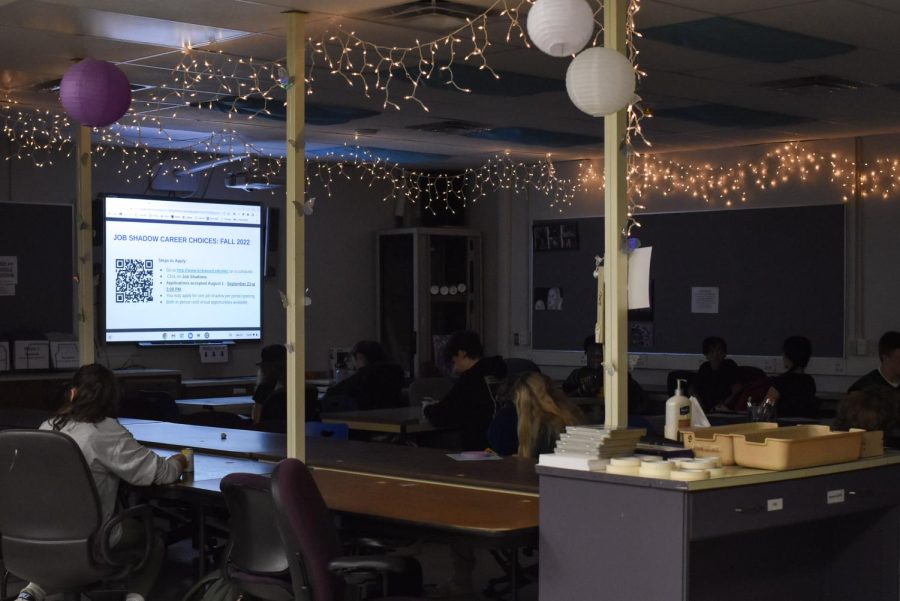The average American goes to school for 13-15 years by the age of 18.
It is very common in the first five to six years of school for students to participate in advanced classes such as P.A.C.T. or T.A.G., also known as the “gifted” or “talented” programs. These programs were additional classes for elementary students where they would be pulled out of normal class for a 30-45 minute session twice a week to learn about various topics for one to two months. Oceanography, Storm Catchers, Architecture, Fairy Tales on Trial, Greek Mythology, United Nations, Shakespeare, The Victorian Era, Math Olympiads and Sherlock Holmes were just a few of the categories.
Not anyone can get into these programs though, students who excelled in class would be picked to take a screening to determine if they qualify for the P.A.C.T. program before participating. If you were already in P.A.C.T. you would continue to take the test two to three times a year.
Having a yellow P.A.C.T. envelope delivered to you in class was like a badge of honor automatically labeling you as a “smart kid.” Maintaining that badge each year was the highest academic achievement a “gifted kid” could get.
This envelope was followed by statewide standardized testing which is described to 7-10-year-olds as a “very important test” where they spend days prior preparing students, preaching “it’s important you do your absolute best” so the government will give schools money and introducing test anxiety to any perfectionist child in the school.
Based on your fifth-grade Iowa Statewide Assessment of Student Progress (ISASP) scores, you could be placed in advanced classes for your sixth-grade year, setting you up to always be one step ahead of anyone your age. Implanting the idea that being smart means being ahead and that if you want to continue being smart, you can never fall behind or onto a normal academic path. Introducing “high achievement,” a fancy phrase for stress-induced extra work.
After having to continue down the “gifted kid” track you were assigned to, and expected to maintain, your freshman through junior years of high school were glorious. Being introduced to Advance Placement (AP) and college credits but still being expected to maintain your “stress-induced extra work” and now a multitude of new extracurricular activities.
If you want to get into a good college—which you have been inadvertently preparing for since you were four—you have to do all the AP classes, all the “stress-induced extra work” in your classes, all the extracurriculars as you can for your resume, not to mention your normal classes, maybe get a job so you can buy some happiness. One mistake will bar you from going to any Ivy League school.
And the cherry on top of this sundae. During all 13 years of “learning,” students also have to experience social development and create a social life, puberty, being a kid but also preparing and planning for their entire future at the exact same time. Maybe even having your first relationship and developing emotional maturity.
After living and breathing school for 12 years with only two months of break in between each, it gets exhausting. Unless your passion for learning is still strong after a decade of information being fed to you for eight hours a day, five days a week, for almost an entire year; struggling to get to class, taking years to do a simple assignment and just wanting to be done is all normal.
Senioritis is real. Senioritis is burnout.
“Ivy Day” is when the world finds out who is accepted into the “luxury brand” colleges. Once students have been accepted, the only objective for the rest of the year is to finish up and pass.
No matter what your plans are for after high school, almost all Ivy, State, Community College or Trade School applications have to be done by junior year or beginning of senior year, with acceptances being announced throughout senior year. Realistically, the end of senior year doesn’t matter.
After growing up in an environment that implants the idea of academic validation as the highest value for a happy life; chasing that validation for 12 years in a constant state of stress, pushed to do more than you can handle, feeling like a failure if you don’t surpass, trying to meet unrealistic expectations that have been placed on you, compensate by trying to be successful in another area to make up for your failure, comparing yourself to those who aren’t struggling, pushing to work at their level, completely forgetting about all the areas you excel in, creating a misconception of your worth and–
It’s so exhausting.
To seniors: I understand you, I do not judge you, nothing is wrong with you and you aren’t a failure. You aren’t alone, all of your struggles are valid, you are doing enough, you aren’t getting dumber, you aren’t falling behind and you will be okay. It may take some time, it may take some failures, it may take some frustration but you don’t have to prove that you are still worthy because you have changed from who you were. You don’t have to make up for anything. All you need to do is what you can, put in as much effort as you can and remember you are allowed to not be perfect.
You are human.


